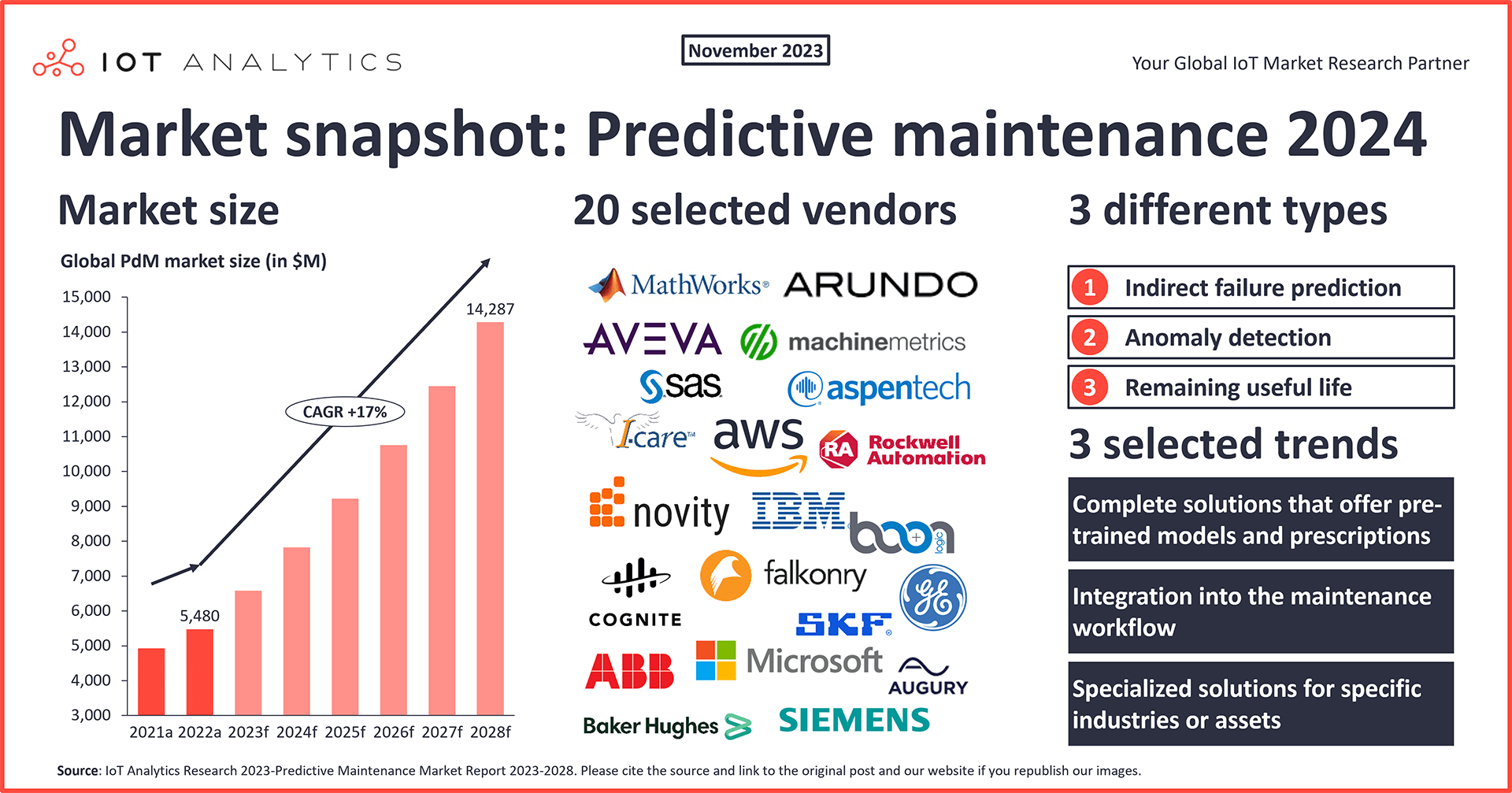Cloud databases are essential in the tech world. They store and manage your data efficiently.
As we move closer to 2025, businesses need reliable and cost-effective cloud databases. Free options are increasingly popular for startups and small businesses. These databases offer great features without breaking the bank. They provide scalability, security, and ease of use.
In this blog post, we’ll explore the top free cloud databases to consider for 2025 and beyond. From open-source solutions to generous free tiers, there are plenty of choices. Stay tuned to discover which database suits your needs and helps your business grow.

Introduction To Cloud Databases
Cloud databases have grown in popularity over recent years. They offer flexible and scalable solutions for data storage and management. As businesses and technologies evolve, the need for efficient data handling becomes more critical. This is where cloud databases come into play. They provide an answer to the growing demands of modern data-driven applications.
What Are Cloud Databases?
Cloud databases are databases hosted on cloud computing platforms. They can be accessed over the internet. Users can manage and scale these databases without the need for physical hardware. This makes them different from traditional on-premise databases. Cloud databases offer a wide range of services and features. These include data storage, processing, and analytics.
Benefits Of Cloud Databases
One major benefit of cloud databases is scalability. You can increase or decrease resources as needed. This flexibility helps businesses manage costs. It ensures they only pay for what they use.
Another advantage is accessibility. Cloud databases can be accessed from anywhere with an internet connection. This makes collaboration and remote work easier. It also improves productivity.
Cloud databases also offer high availability. They have built-in redundancy and failover mechanisms. This ensures that data is always available, even if there are hardware failures.
Security is another key benefit. Cloud providers invest heavily in security measures. They offer encryption, access controls, and regular updates to protect data.

Top Free Cloud Databases
Cloud databases offer scalable and reliable solutions for storing data. Many providers offer free tiers, making it easy to start without cost. This section highlights the top free cloud databases for 2025 and beyond.
Aws Free Tier
AWS Free Tier provides a wide range of services, including databases. Amazon RDS offers 750 hours per month of usage for free. It supports MySQL, PostgreSQL, and other popular database engines. AWS also offers DynamoDB with 25 GB of storage and 25 Write Capacity Units. Both options are great for small applications and learning.
Google Cloud Firestore
Google Cloud Firestore is a NoSQL document database. It is available in the Google Cloud Platform free tier. Firestore offers 1 GB of storage and 50,000 reads per day. It also provides 20,000 writes and deletes per day. Firestore is integrated with Firebase, making it easy to develop mobile and web apps.
Microsoft Azure Cosmos Db
Microsoft Azure Cosmos DB is a globally distributed database service. The free tier offers 400 RU/s throughput and 5 GB of storage each month. Cosmos DB supports multiple data models, including document, graph, and key-value. It is ideal for building modern applications with global reach.
Key Features To Look For
Choosing the right free cloud database is crucial. There are several key features to consider to ensure your database meets your needs. Here, we will explore the most important aspects to look for in a cloud database.
Scalability
Scalability is essential for growing businesses. A scalable cloud database can handle increasing loads without slowing down. Look for these features:
- Automatic scaling
- Load balancing
- Support for large datasets
Automatic scaling adjusts resources based on demand. Load balancing distributes traffic evenly. Support for large datasets ensures your database grows with your business.
Security
Security is non-negotiable. Your data must be protected at all times. Key security features to look for include:
- Data encryption
- Access control
- Regular backups
Data encryption ensures your data is unreadable to unauthorized users. Access control restricts data access based on user roles. Regular backups protect against data loss.
Ease Of Use
Ease of Use is important for efficient database management. A user-friendly interface and simple management tools can save time. Look for these features:
- Intuitive dashboard
- Clear documentation
- Customer support
An intuitive dashboard simplifies database navigation. Clear documentation helps users understand and use the database effectively. Customer support provides assistance when needed.
Comparison Of Popular Options
In the ever-evolving world of cloud databases, selecting the right option can be challenging. Each database offers unique features and benefits. Below, we compare some of the most popular free cloud databases for 2025 and beyond. Let’s dive into the crucial aspects such as performance, storage limits, and support and community.
Performance
Performance is a key factor when choosing a cloud database. Here’s a comparison of the most popular options:
| Database | Performance |
|---|---|
| Firebase | Real-time data synchronization, high-speed NoSQL database |
| AWS DynamoDB | Low latency and high performance with auto-scaling |
| Google Cloud Firestore | Fast and scalable with strong consistency |
| MongoDB Atlas | High throughput and low latency |
Storage Limits
Storage limits are crucial for scaling your applications. Here is a comparison of storage limits:
| Database | Free Tier Storage Limit |
|---|---|
| Firebase | 1 GB of data storage |
| AWS DynamoDB | 25 GB of storage |
| Google Cloud Firestore | 1 GB of data storage |
| MongoDB Atlas | 512 MB per database |
Support And Community
Support and community can influence your experience with a cloud database. Let’s compare:
- Firebase: Strong community and extensive documentation
- AWS DynamoDB: Wide range of support options, active community
- Google Cloud Firestore: Comprehensive support and growing community
- MongoDB Atlas: Vibrant community and excellent documentation
These aspects can help you choose the best free cloud database for your needs. Assess your priorities and make an informed decision.
Future Trends In Cloud Databases
Cloud databases are evolving rapidly. Future trends indicate significant innovations that will shape the tech landscape. Understanding these trends helps businesses stay ahead. Here are some key trends to watch for in the coming years.
Ai Integration
Artificial Intelligence (AI) is becoming integral to cloud databases. AI enhances data analysis and automates routine tasks. This leads to faster data processing and insightful analytics. Predictive analytics and machine learning models are built directly into databases. This results in smarter data management.
Businesses can leverage AI for real-time decision-making. AI-driven databases reduce the need for manual intervention. This improves efficiency and accuracy. Expect more AI features in cloud databases in the near future.
Serverless Databases
Serverless databases are gaining popularity. They simplify the database management process. With serverless models, there is no need to manage servers. The database scales automatically based on demand. This offers cost savings and flexibility.
Serverless databases provide a pay-as-you-go model. You only pay for what you use. This is ideal for businesses with fluctuating workloads. Serverless databases also ensure high availability and reliability.
Enhanced Security Measures
Security remains a top priority. Future cloud databases will feature enhanced security measures. This includes advanced encryption techniques and multi-factor authentication. Regular security audits will become standard practice.
Compliance with regulations like GDPR and HIPAA will be easier. Cloud databases will offer built-in tools to ensure data privacy and protection. Enhanced security measures will build trust and safeguard sensitive information.

Frequently Asked Questions
What Are The Best Free Cloud Databases For 2025?
Some top free cloud databases for 2025 include MongoDB Atlas, Google Firebase, and Amazon DynamoDB. They offer robust features.
Are Free Cloud Databases Secure?
Yes, free cloud databases provide essential security features. They include encryption, regular backups, and access controls to protect your data.
Can I Scale A Free Cloud Database?
Yes, free cloud databases can scale. They allow you to handle increased traffic and data without major changes or costs.
Conclusion
Choosing the right cloud database is crucial for your business growth. Free options provide excellent features without a financial burden. Explore different databases to find the one that fits your needs. Keep future scalability in mind. Technology is always evolving.
Staying updated helps you make informed decisions. Happy data managing!
